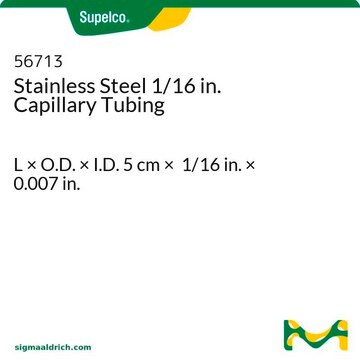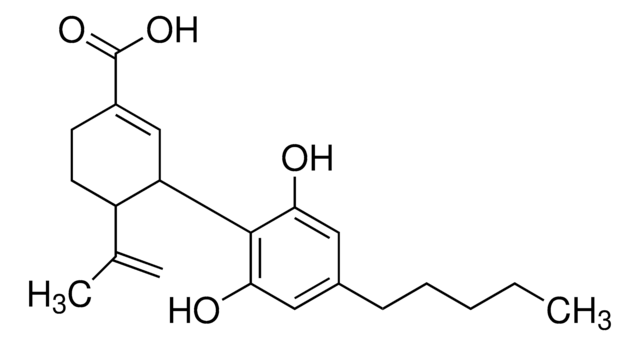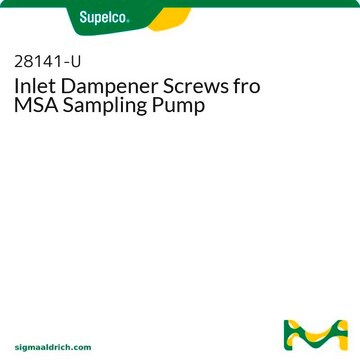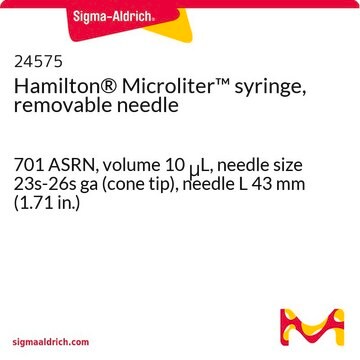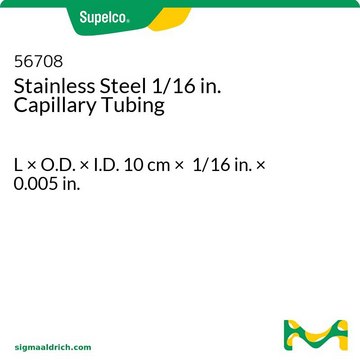30-2501
Tin(II) chloride dihydrate
suitable for determination of toxic metals, ≥96.0%
Synonyme(s) :
Stannous chloride dihydrate
About This Item
Produits recommandés
Essai
≥96.0%
Forme
solid
Pertinence de la réaction
reagent type: catalyst
core: tin
Disponibilité
available only in Japan
pb
652 °C (lit.)
Pf
37-38 °C (dec.) (lit.)
Adéquation
suitable for determination of toxic metals
Température de stockage
2-8°C
Chaîne SMILES
O.O.Cl[SnH2]Cl
InChI
1S/2ClH.2H2O.Sn/h2*1H;2*1H2;/q;;;;+2/p-2
Clé InChI
FWPIDFUJEMBDLS-UHFFFAOYSA-L
Vous recherchez des produits similaires ? Visite Guide de comparaison des produits
Mention d'avertissement
Danger
Mentions de danger
Classification des risques
Acute Tox. 4 Inhalation - Acute Tox. 4 Oral - Aquatic Chronic 3 - Eye Dam. 1 - Met. Corr. 1 - Skin Corr. 1B - Skin Sens. 1 - STOT RE 2 Oral - STOT SE 3
Organes cibles
Cardio-vascular system, Respiratory system
Code de la classe de stockage
8B - Non-combustible corrosive hazardous materials
Classe de danger pour l'eau (WGK)
WGK 3
Point d'éclair (°F)
Not applicable
Point d'éclair (°C)
Not applicable
Faites votre choix parmi les versions les plus récentes :
Déjà en possession de ce produit ?
Retrouvez la documentation relative aux produits que vous avez récemment achetés dans la Bibliothèque de documents.
Notre équipe de scientifiques dispose d'une expérience dans tous les secteurs de la recherche, notamment en sciences de la vie, science des matériaux, synthèse chimique, chromatographie, analyse et dans de nombreux autres domaines..
Contacter notre Service technique